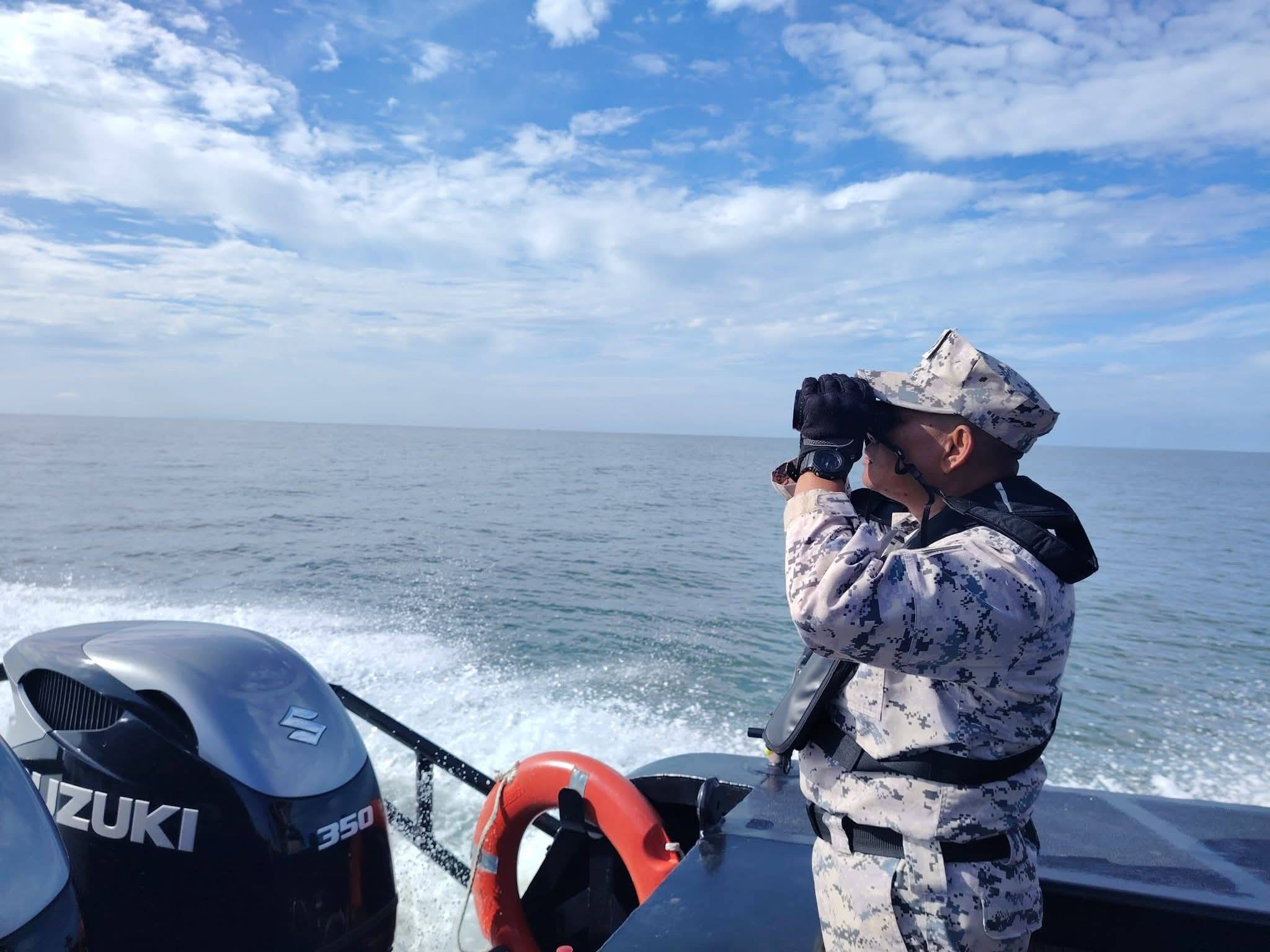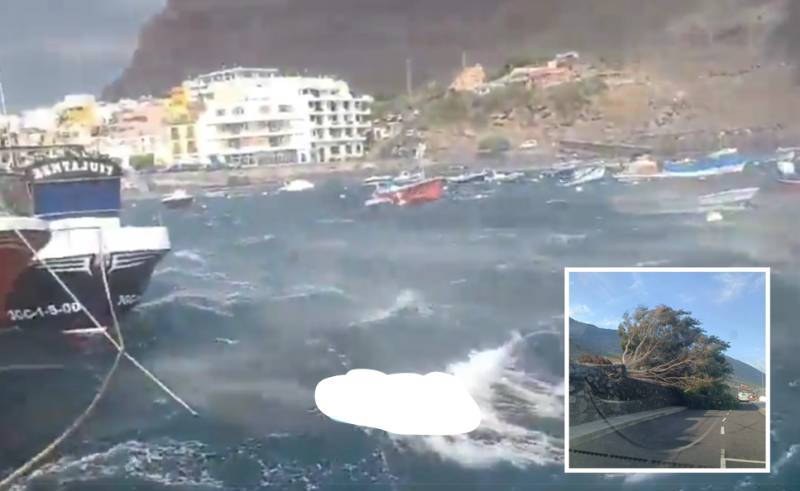ROHINGYA BOAT TOLL RISES TO 11 NEAR THAILAND–MALAYSIA BORDER

Search and regional migration context
Authorities in southern Thailand said the number of people confirmed dead after a boat carrying Rohingya refugees capsized near the maritime border with Malaysia has risen to 11, while dozens remain unaccounted for as of Monday. Thai marine officers said the craft — likely overloaded and operating without proper safety gear — went down in choppy waters after leaving Myanmar’s coast en route to Malaysia, the favored destination for many Rohingya trying to escape conflict, persecution and economic collapse at home. Rescuers pulled survivors from the water through the morning, but officials warned that the chances of finding more people alive would drop after the first 24 hours. Local police said they believed around 70 people had been on board, which means the final toll could still climb. Humanitarian agencies in Bangkok noted that the timing fits a seasonal pattern: as seas become marginally calmer, smuggling networks push more departures, even though the vessels are unseaworthy. Thailand, which sits on a key transit route, has been trying to project a tougher stance after previous trafficking scandals, but maritime interceptions remain difficult in the narrow, busy strait. Rights groups said Monday’s deaths underline how few legal options Rohingya families have, even a decade after mass displacement from Rakhine State.
Regional pressure on Thailand and Malaysia
The sinking is likely to revive calls on Thailand and Malaysia to coordinate faster screening and temporary protection for sea arrivals instead of pushing boats back or detaining survivors for months. Bangkok has in recent years balanced between cracking down on smugglers and quietly allowing people to move on toward Malaysia, whose Rohingya population is already sizable but still draws new arrivals because of jobs and community ties. Malaysian officials, meanwhile, have complained about the cost of repeated rescues in the Andaman Sea, especially when boats drift from Bangladeshi camps. Analysts say regional governments will probably stick to case-by-case responses unless ASEAN agrees on a common framework, which so far has stalled over politics in Myanmar. For the Rohingya, the calculus remains cruelly simple: staying means insecurity and poverty; leaving means paying traffickers and risking the water. Monday’s tragedy, coming so late in the year, shows the networks are still active despite arrests and surveillance. Thai media reported that survivors were being held for medical checks and questioning to map the smuggling route. If more bodies wash ashore on the Malaysian side, pressure on Kuala Lumpur to open an investigation into the organizers will grow. But without safe pathways — such as work schemes or family reunification — officials and aid workers fear more boats will try the same journey in the weeks ahead.






















